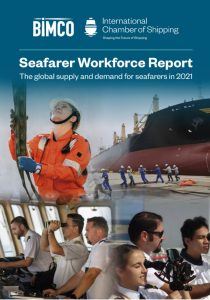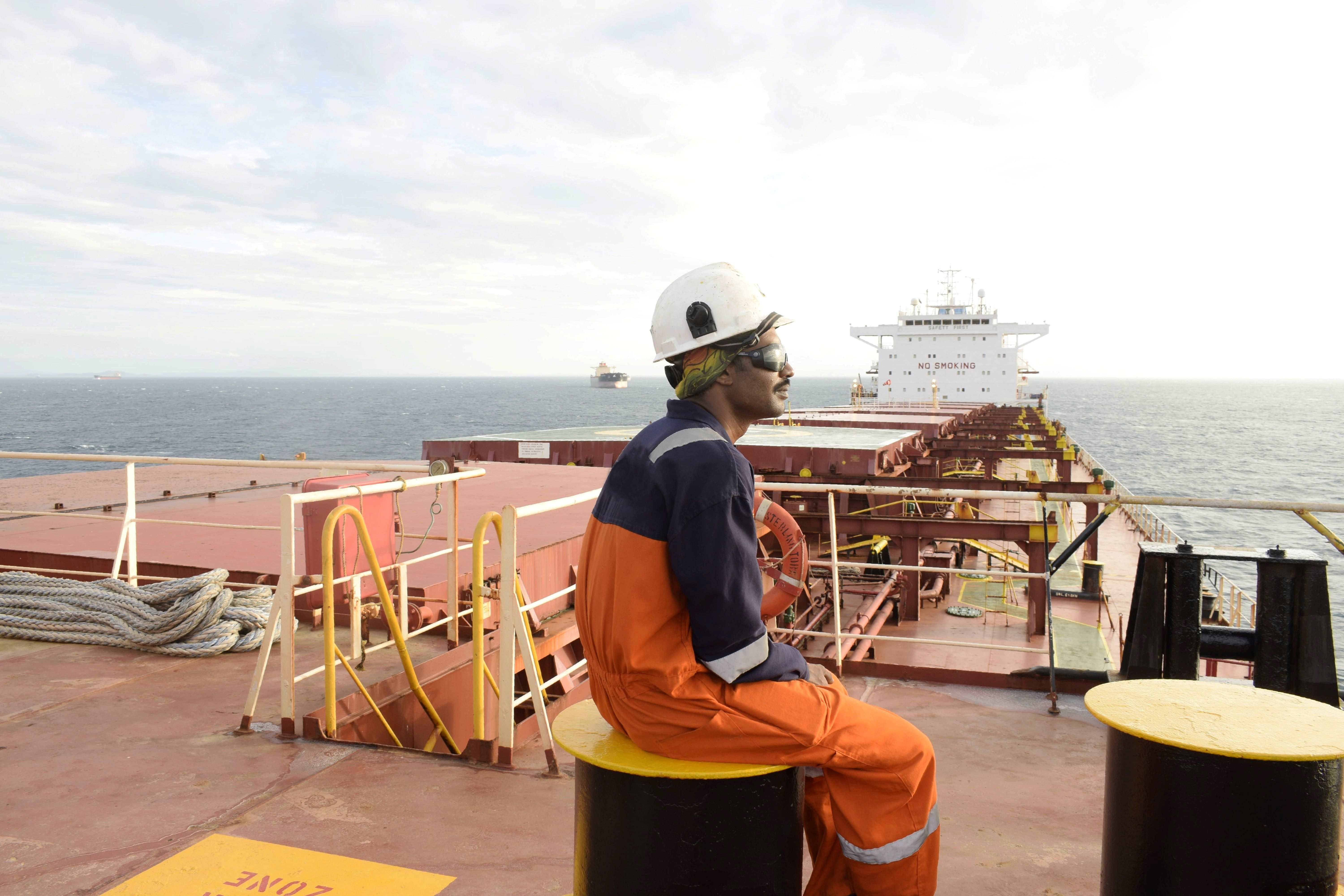Shipping and World Trade: Global Supply and Demand for Seafarers
The international shipping industry is responsible for the carriage of around 90% of world trade.
Shipping is the life blood of the global economy. Without shipping, intercontinental trade, the bulk transport of raw materials, and the import/export of affordable food and manufactured goods would simply not be possible.
Seaborne trade continues to expand, bringing benefits for consumers across the world through competitive freight costs. Thanks to the growing efficiency of shipping as a mode of transport and increased economic liberalisation, the prospects for the industry’s further growth continue to be strong.
There are over 50,000 merchant ships trading internationally, transporting every kind of cargo. The world fleet is registered in over 150 nations and manned by nearly 2 million seafarers.
Ships are technically sophisticated, high value assets (larger hi-tech vessels can cost over US $200 million to build), and the operation of merchant ships generates an estimated annual income of over half a trillion US Dollars in freight rates.
Global Supply and Demand for Seafarers
The worldwide population of seafarers serving on internationally trading merchant ships is estimated at 1,892,720 seafarers, of which 857,540 are officers and 1,035,180 are ratings.
The Philippines, the Russian Federation, Indonesia, China and India are the largest suppliers of ratings and officers working on merchant ships
While the global supply of officers is forecast to increase steadily, this trend is expected to be outpaced by increasing demand.
The forecast growth in the world merchant fleet over the next ten years, and its anticipated demand for seafarers, will likely continue the trend of an overall shortage in the supply of officers. This is despite improved recruitment and training levels and reductions in officer wastage rates over the past five years.
Future outlook indicates that the industry and relevant stakeholders should not expect there to be an abundant supply of qualified and competent seafarers without concerted efforts and measures to address key manpower issues, through promotion of careers at sea, enhancement of maritime education and training worldwide, addressing the retention of seafarers.

Related content

Insurance and security crucial as Black Sea grain corridor opens

Russia and Ukraine sign agreement for grain shipping corridor

Shipping and World Trade: UNCTAD Review of Maritime Transport 2019
